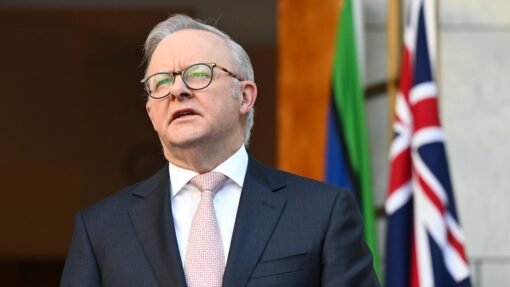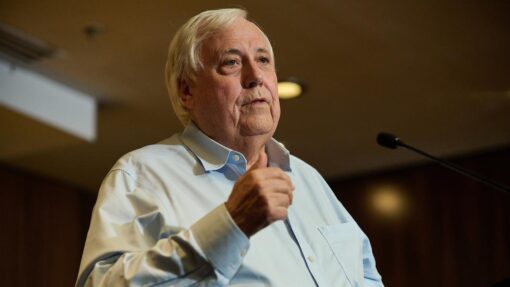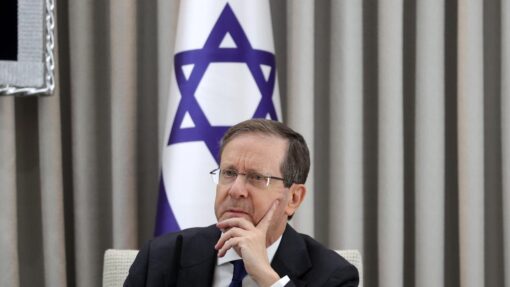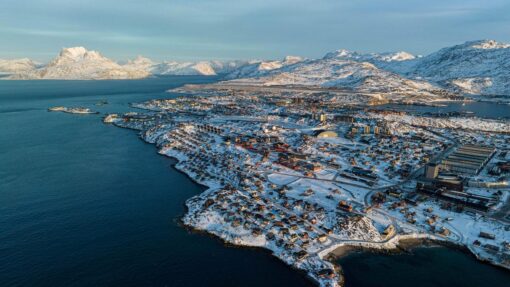Multimillion-dollar UN bid worth the cost: minister
Zac de Silva and Grace Crivellaro |
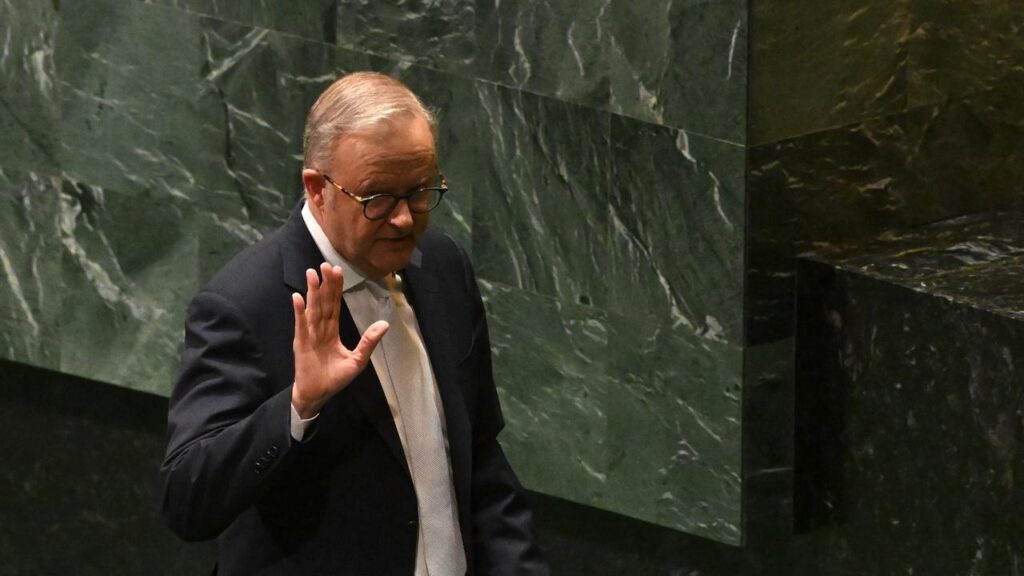
Bidding will likely cost taxpayers tens of millions of dollars, but Australia’s defence minister says a chance to return to the United Nations’ top security table will be worth the price.
Australia is again attempting to win a two-year seat at the UN Security Council, with Prime Minister Anthony Albanese using a speech before the international body’s General Assembly to confirm his nation’s candidacy for 2029/30.
Australia last took a seat in the 2013/14 term after a multi-year bid championed by prime minister Kevin Rudd at a cost of about $25 million.

Without providing a budget for the forthcoming campaign, Defence Minister Richard Marles said the bid to secure a seat “isn’t a particularly expensive exercise”.
“When we ran last time, we were overwhelmingly supported to take our position,” Mr Marles told ABC News on Friday.
“It will be an incredible opportunity if we get the opportunity to serve on the Security Council for two years.”
Winning a bid involves a mighty diplomatic effort to triumph in elections that allow all UN member states to vote.
Campaigning can involve making offers of development assistance and horse-trading with other nations to support their diplomatic efforts.
To serve in 2013/14, Australia was elected with 140 votes, just ahead of Luxembourg with 128 votes and Finland with 108.
This time around, it’s not clear whether Australia would face an opponent, although Mr Marles said he was confident of support.

“This is about Australia putting its credentials before the world and we are a country with a proud history of standing up for the rules-based order,” he said.
“That is fundamentally a position which we think will resonate strongly around the world.”
Australian National University international law professor Donald Rothwell warned the bid would not come cheap.
“It inevitably sees a very significant diplomatic effort on the part of Australia,” he said.
The Security Council has five permanent members and 10 rotating positions.
France, China, Russia, the US and the UK are always on the committee and have the power to veto any resolution.
If Australia joined the council, it would be for a two-year term representing a “western Europe and other countries” bloc that includes Canada and New Zealand.

Opposition trade spokesman Kevin Hogan said the coalition backed the push.
“Anything where we can increase our international presence and international influence is a good thing, so I personally would support that,” he told ABC Radio.
In the nation’s last term on the council, the former coalition government helped co-ordinate the response to the downing of flight MH17 by spearheading a motion to secure an independent investigation into the crash.
Mr Albanese used his speech to the UN General Assembly to breathe new life into Australia’s bid, which began a decade ago under then-foreign minister Julie Bishop.
“The United Nations is much more than an arena for the great powers to veto each other’s ambitions,” he said.
“This is a place for the global spotlight to shine on suffering and struggles that might otherwise be forgotten.”
The speech capped off Mr Albanese’s visit to New York City, in which he announced a long-awaited meeting with US President Donald Trump, lobbied countries to ban children from social media and sat down with a slew of world leaders.
The prime minister will next visit the UK for talks on the AUKUS nuclear submarine deal, Gaza and Ukraine.
AAP